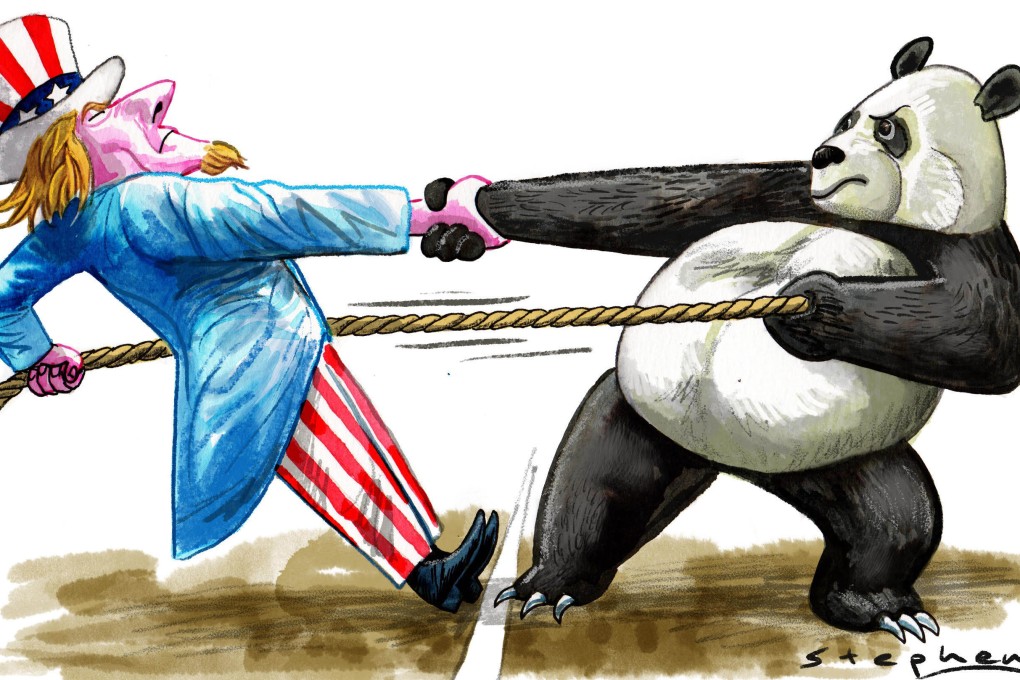Advertisement
Opinion | Biden’s national security strategy highlights paradox of US-China relations
- US-China collaboration in research and innovation will be critical to addressing climate change, pandemics and other challenges that no country can handle alone
- It is difficult to square the national security strategy’s avowed commitment to global cooperation on shared threats with its overriding emphasis on geopolitical competition, particularly with China
Reading Time:3 minutes
Why you can trust SCMP
10

The author F. Scott Fitzgerald famously wrote: “The test of a first-rate intelligence is the ability to hold two opposing ideas in mind at the same time and still retain the ability to function.”
Advertisement
In the coming decades, as American scholar Graham Allison notes, the leaders of China and the United States will face something akin to this “Fitzgerald test” as they seek to navigate an increasingly fraught relationship.
On one hand, it seems inevitable that the two countries will be fierce competitors as both strive to be the biggest and best across a range of economic, technological and military arenas. On the other hand, unless they can cooperate in dealing with shared threats like climate change, both countries – along with the rest of the world – are doomed.
This tension between competition and cooperation permeates the bilateral relationship and remains an unresolved contradiction in US President Biden’s national security strategy, which was finally released last week.
First, it is welcome that the strategy recognises that shared challenges like climate change, food insecurity, pandemics and inflation are “at the core of national and international security and must be treated as such”. In the 21st century, no country can be truly safe unless it works with others to address such shared issues, which are not only a direct threat to national security, but also risk multipliers for geopolitical instability.
Advertisement
Biden’s strategy mentions “climate” around 65 times – a welcome change from the version issued by the Trump administration, which eschewed fighting climate change in favour of calls for energy dominance and fossil fuel production.

Advertisement
